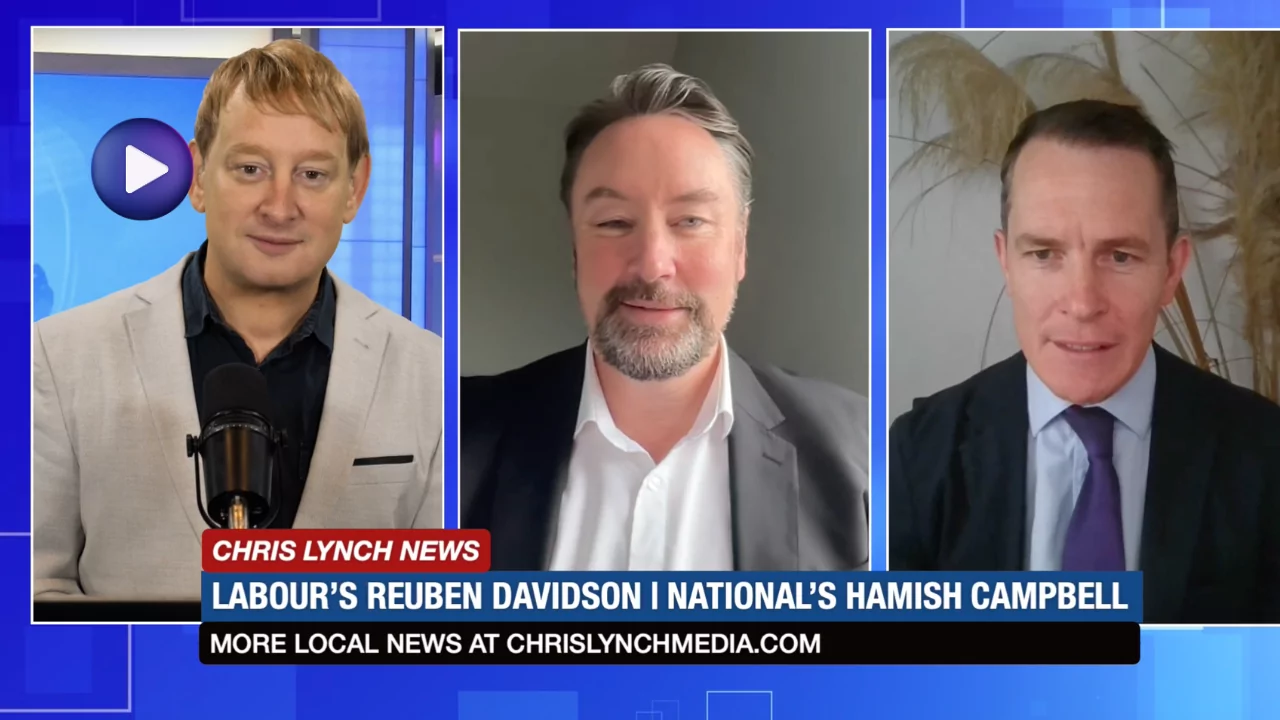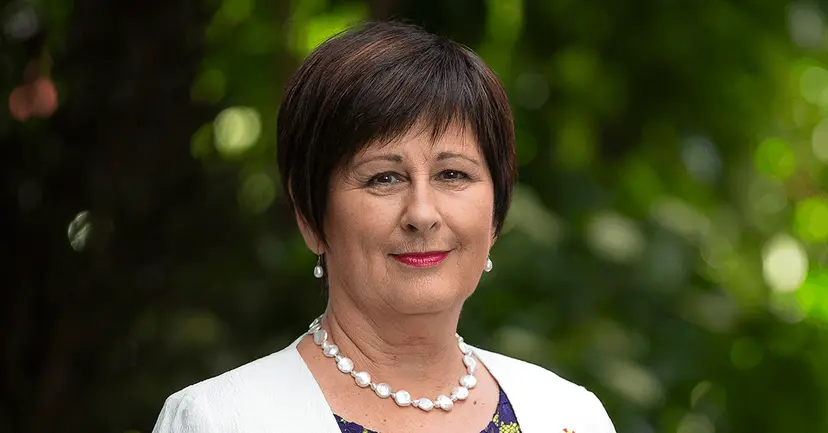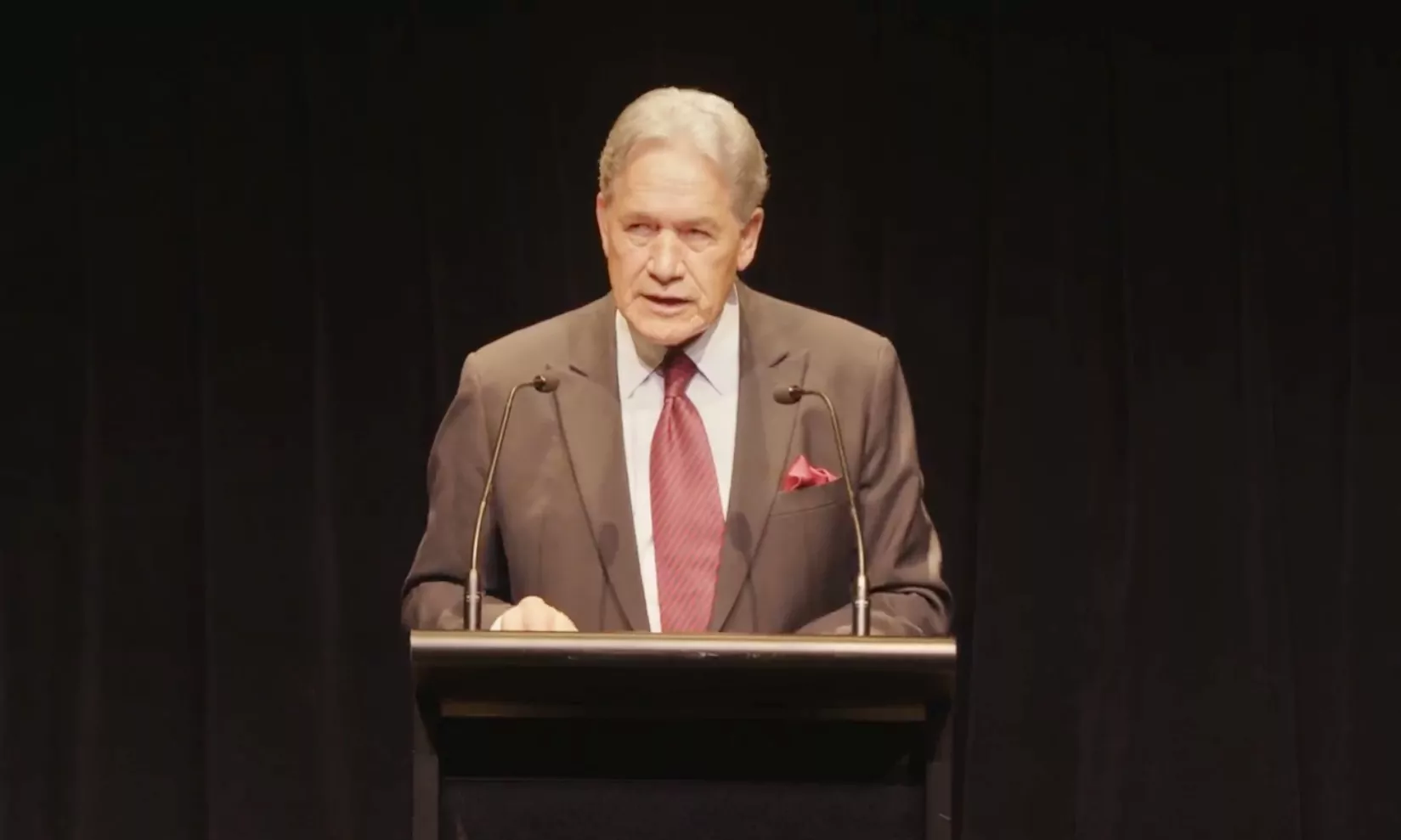Escaped youth tracked by Eagle helicopter, found hiding in New Brighton
The young person who escaped from a youth justice facility in Rolleston has been located...
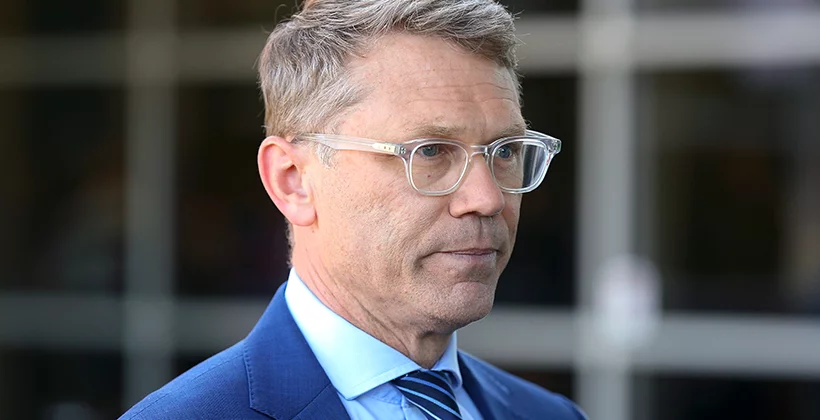
More than 2,000 New Zealanders have written to Media and Communications Minister Paul Goldsmith urging him to stop the Broadcasting Standards Authority from expanding its powers to regulate online media, the Free Speech Union says.
The growing backlash follows the BSA’s provisional decision asserting it has jurisdiction over The Platform, despite the outlet operating online.
The decision stems from a complaint lodged by an activist, who took issue with a July 22 broadcast in which broadcaster Sean Plunket referred to tikanga Māori as “mumbo jumbo.”
The Free Speech Union said the BSA’s move represents an attempt to extend state control over digital media without parliamentary approval and risks setting a precedent that could affect all online publishers, podcasters, and live streamers.
Chief Executive Jillaine Heather said the scale of public response showed the depth of concern over what she described as “an extraordinary overreach.”
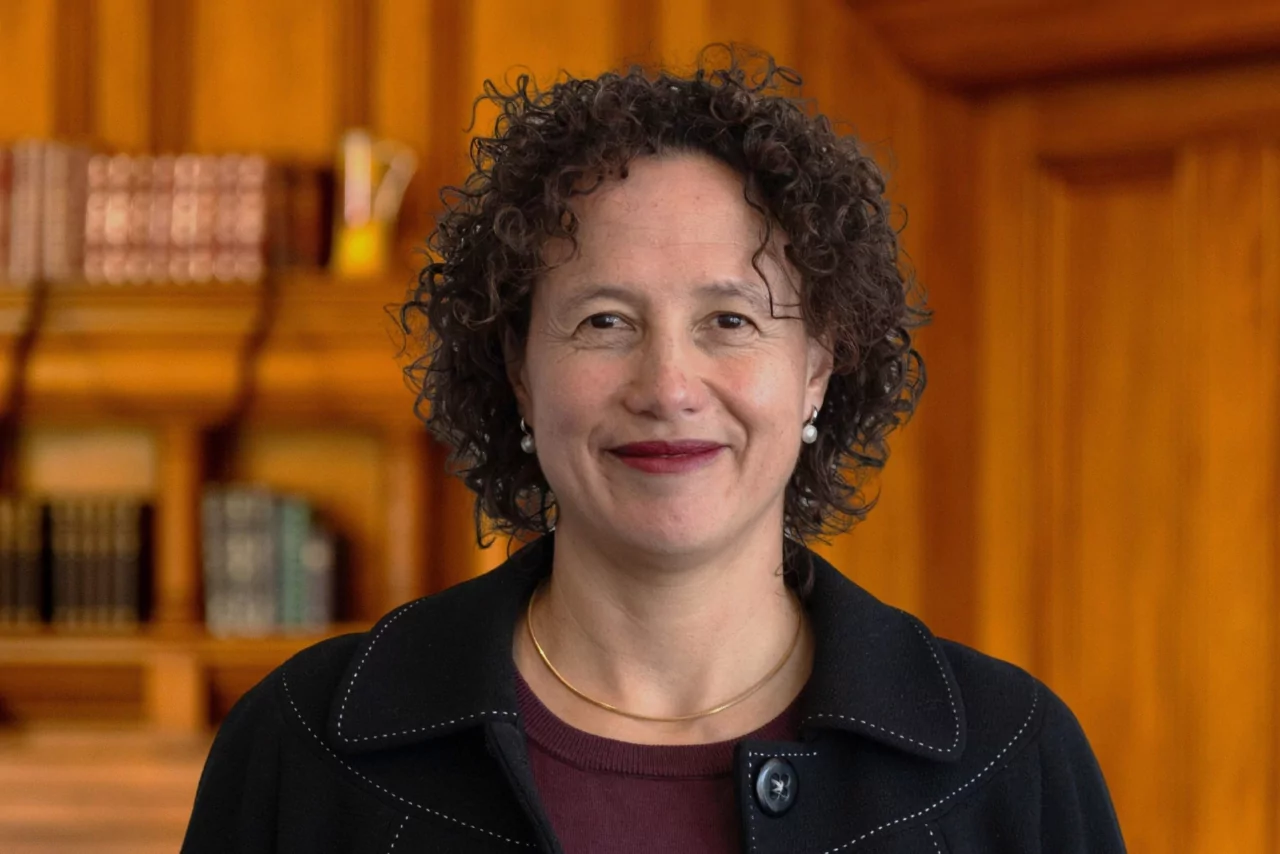
Free Speech Union CEO Jillaine Heather
“Kiwis don’t want unelected bureaucrats unilaterally appointing themselves as the censor of the modern internet,” Heather said. “Freedom of speech must remain paramount, but the BSA’s broad and subjective standards give it licence to silence controversial or unpopular views, creating a chilling effect on online speech.”
Heather said both the Government and the BSA had long known that online media sits outside the Authority’s jurisdiction. “Instead of leaving that gap for Parliament to address, the BSA has chosen to fill it itself,” she said.
Heather said the complaint set a “dangerous precedent” for freedom of expression in New Zealand. “This is an attempt to intimidate and censor,” she said. “In a free society, it’s up to Plunket’s critics to explain why he’s wrong, not to report him to a government agency that appears unable to tolerate dissent. Today it’s Sean Plunket, tomorrow it could be anyone who expresses an unpopular opinion online.”
The Free Speech Union is calling on Parliament to clarify the limits of the BSA’s authority and ensure that any future reforms protect, rather than restrict, free expression.
“Free speech is the foundation of an open democracy,” Heather said. “Thousands of New Zealanders have made it clear they won’t tolerate backdoor censorship.”
The BSA, established in 1989, oversees complaints about television and radio content but has no formal jurisdiction over online-only platforms such as podcasts, YouTube channels or live-streamed broadcasts. The Authority’s recent move to consider such cases has prompted widespread debate about whether its powers should evolve to match changes in the media landscape.
